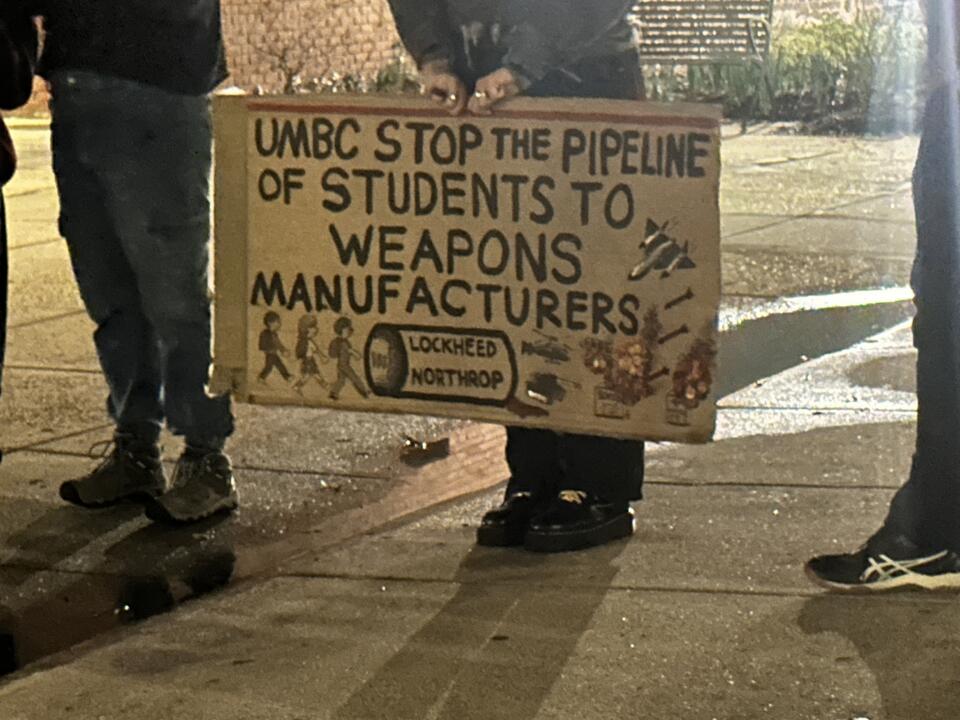On Feb. 10, Democratic legislators in the Maryland General Assembly proposed a bill to prohibit guns from college campuses.
The legislation, brought forth on a Wednesday, followed two other gun-related bills proposed just the day before. Those bills aimed to prevent the possession of firearms by suspected terrorists and domestic abusers.
Currently, colleges in Maryland create their own policies involving firearms. As armedcampuses.org points out though, “The entire University System of Maryland has banned concealed guns on all campuses. As of August 21, 2013, no public or private university permits concealed guns on campus grounds or in buildings.”
This doesn’t mean all firearms are banned on colleges across the state of Maryland. According to The Baltimore Sun, “Rural Frostburg State University, for example, permits firearms but requires them to be registered and stored with university police.”
The trio of bills is likely to face opposition from Republicans who have historically opposed laws that they perceive to infringe on the Second Amendment.
Larry Hogan, Republican governor of Maryland, has coexisted with a Democratic legislature for a little over a year now, but not without friction. Differences in opinion on how the state budget should be crafted and tax cuts distributed have driven a wedge between the two factions. The partisan conflict these gun bills may produce will likely serve to widen that gap. In the past, Hogan has been unafraid to publicize his opposition to gun restrictions. Given that a change of heart is unlikely, many are speculating the governor will veto all three pieces of legislation.
In an interview with the Washington Times on Oct. 16, 2014, Hogan said, “Right now it’s an open net. It’s just every single crazy thing that they [Democrats] want to get in just gets done. One major thing we can do is play goalie.”
Democratic senator of the 42nd Legislative District, James Brochin, believes the intentions of the bill might have partisan roots. He said, “At the end of the day they [Democratic legislators] want to make the Governor uncomfortable on gun legislation, and make him veto something so they can override it and find a crack in his armor.”
He added, “I think that’s what they want to do, and that’s a political game. I try and stay out of the political game … My litmus test is different. My litmus test is: Is this good public policy? And I’m not sure what the answer to that is yet.”
Political tactics aside, there have been a increasing number of gun-related incidents on college campuses. Last October at Texas Southern University, a shooter opened fire outside of a dorm, killing one person and wounding another. Roughly two weeks later at Tennessee University, a shooter opened up at a courtyard killing one individual and wounding three others.
Brochin understands the gravity of the situation but isn’t quite sure if the legislation proposed will serve as a viable remedy. “You’re not really allowed to have a gun on a college campus right now, so if someone really wants to bring a gun onto a college campus they are not going to worry about some law that says you can’t have it,” he said.
He elaborated, “I have mixed feelings. On face value it’s common sense, but on the other hand I’m wondering if it’s really going to do anything.”
When asked what the chances are of the bills being ratified and made into law, he said, “I certainly think the odds of it passing … are pretty good.”

